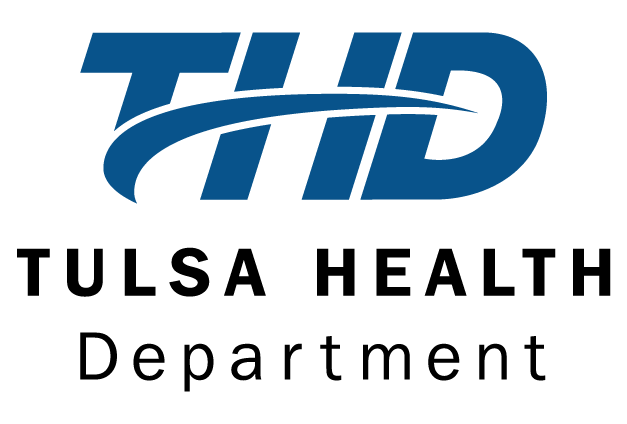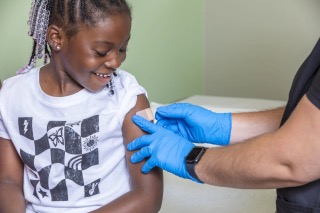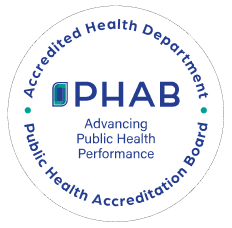TULSA, OK – [May 24, 2019] – The Tulsa Health Department in partnership with Oklahoma State Department of Health and Denver Prevention Training Center invite local health professionals to attend “A Call to Action: Stop the Spread of Syphilis and HIV in Oklahoma.” This conference will be held on Friday, June 7 from 8:00 a.m. to 4:35 p.m. at the Tulsa Health Department North Regional Health & Wellness Center at 56th & MLK Jr. Blvd. There is no cost to attend.
The goal of the conference is to increase awareness about sexually-transmitted infections (STI) in Oklahoma. Attendees will be informed of the incidence and epidemiology of STIs in Oklahoma, current trends for syphilis including congenital syphilis, HIV prevention tools, complex case studies and sexual history taking.
“STDs are common and can be prevented,” said Ellen Niemitalo, clinical services manager. “Our objective with this education opportunities is to encourage our partners and providers to be aware of STIs especially syphilis so that they can appropriately recognize, test and treat possible cases. The Tulsa Health Department can’t address this rising issue without the assistance, knowledge and skill of all of our partners.”
During 2016-2017, national syphilis rates spiked among men, women and newborns; a majority of age groups; all races and ethnicities; and in almost every region, including Oklahoma and Tulsa County, according to the Centers of Disease Control. From 2016 to 2017, there was a 100 percent increase in the number of total syphilis cases in Tulsa County from 93 cases in 2016 to 186 cases in 2017.
Disease incidence data from Oklahoma State Department of Health for 2018 is not yet finalized, but estimates show about a 19 percent increase in syphilis statewide from 2017 to 2018, estimating at least a 60 percent increase in the number of cases in Tulsa County.
While all STDs are serious and need to be treated, syphilis is especially dangerous. Without treatment, it can cause severe health problems affecting the brain, eyes, heart and other organs. A pregnant women with syphilis can pass the infection to her baby during pregnancy. A congenital syphilis infection can cause very poor birth outcomes; including miscarriage, stillbirth, low birth weight, prematurity, or death shortly after birth. Up to 40 percent of babies born to women with untreated syphilis may be stillborn, or die from the infection as a newborn.
“Early detection through testing is vital to avoiding these consequences,” said Niemitalo. “Many patients don’t feel comfortable talking with their providers about sexual health issues during their annual health visits. We want to help make that matter a little easier by encouraging health care providers to start the conversation.”
Space for this conference is limited, so early registration is encouraged. Continuing educations credits are available. For more information or to register for this free event, visit https://courses.nnptc.org/class_information.html?id=2571.
###






